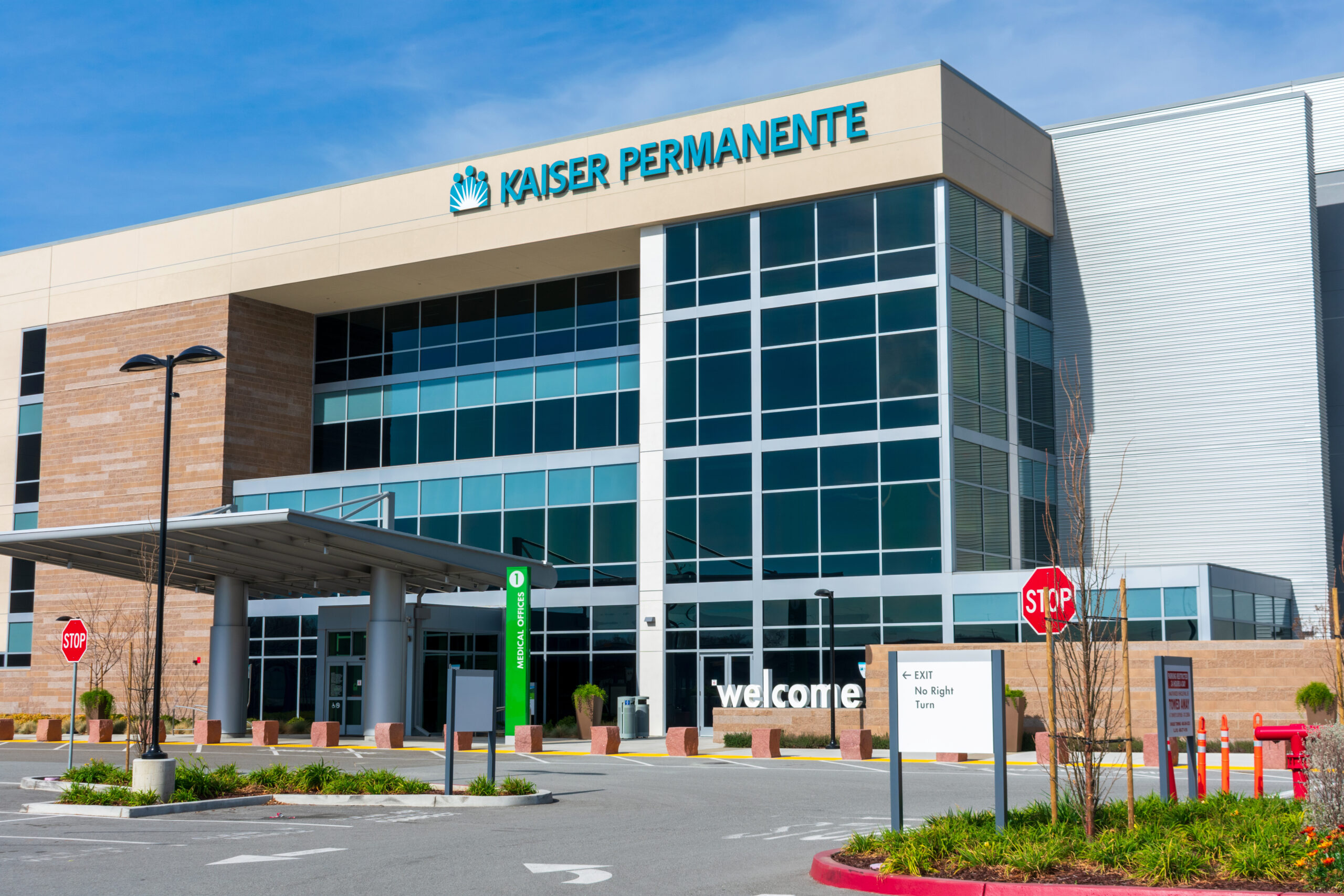Originally published at about.kaiserpermanente.org. Kaiser Permanente is a Fair360, formerly DiversityInc Hall of Fame company.
Cary Jordan Jr. has experienced first-hand how the COVID-19 pandemic has had a devastating impact on small businesses.
At the height of the pandemic, the legacy family business owner of Jordan’s Hot Dogs on Crenshaw Boulevard said the South L.A. family-style restaurant with its full menu of American favorites such as hamburgers, hot dogs and a secret-recipe chile lost more than 30% of its business. He was concerned about the future.
Today, thanks to assistance from Local Initiatives Support Corporation Los Angeles (LISC LA), with the help of nearly $1 million in funding for small business assistance from Kaiser Permanente, Jordan’s Hot Dogs is rebounding and doing well.
“Emphatically yes!” Jordan responded when asked if the funding assistance his family-run business received made a difference. “We’re not a franchise, so it was very helpful in keeping our business going despite difficult times.”
The COVID-19 pandemic has had a debilitating effect on many small businesses’ ability to sustain themselves, causing a large number to struggle in keeping their doors open. Many were forced to lay off employees who relied on their paychecks to support and feed their families.
Tunua Thrash-Ntuk, executive director of LISC LA, said the organization’s partnership with Kaiser Permanente has had a very positive impact on communities such as the Crenshaw-Slauson Corridor, where many minority- and women-owned small businesses have struggled to survive.
“LISC LA is grateful to have partners like Kaiser Permanente that share our goal of closing the racial health, wealth and opportunity gaps, as well as creating real, lasting change,” she said. “Partnerships like these are crucial in advancing equitable growth for diverse communities and businesses, including those that are owned by women and people of color.”
Jordan noted the restaurant was able to secure a $25,000 grant from LISC LA thanks to Kaiser Permanente funding that was used to offset costs associated with production, operations and payroll, which kept the small business afloat. Assistance was also provided that helped Jordan’s Hot Dogs to rebrand and better market itself using the power of social media via Facebook and Instagram. That in turn has strengthened the bottom-line, helping the restaurant to rebound during challenging times.
“Being a small business, we didn’t have a lot of capital to handle day-to-day operations, especially in the midst of a pandemic,” Jordan explained. “It was amazing that we could have that funding to assist us, and it made a huge difference.”
The partnership between Kaiser Permanente and LISC focuses on three main objectives to aid small businesses:
- Grow small and medium businesses: Through public resources, partners such as Kaiser Permanente, and LISC’s own lending apparatus, LISC is helping local small businesses grow by delivering technical support and facilitating capital access.
- Help residents increase income and wealth: Leveraging its evidence-based Financial Opportunity Center model, including the Bridges to Career component, LISC and its partners are connecting people to quality jobs and enhancing their financial security through financial coaching, reskilling and collaboration with anchor employers.
- Revitalizing neighborhoods and commercial corridors: Working with local government and community partners, LISC has, among others, retrofit and activated under-utilized spaces. This includes neighborhood planning, as well as providing grants, lending capital, and technical assistance for partners pursuing key real estate and infrastructure projects.
Kaiser Permanente, which has 4.7 million members in Southern California, is committed to efforts aimed at improving the health of the communities it serves. This includes providing quality health care and addressing the upstream causes of poor health such as poverty, income disparities and lack of economic opportunity.
“There’s a strong correlation between economic disparities and health disparities in the communities Kaiser Permanente serves, including South Los Angeles where residents have higher rates of chronic disease and lower life expectancy,” said John Yamamoto, Kaiser Permanente’s vice president of Community Health and Government Relations. “Kaiser Permanente is partnering with LISC to improve community health by supporting small businesses that drive inclusive economic revitalization, create jobs and healthy environments in the Crenshaw Corridor, and assist residents in building the financial foundation for better health.”

















